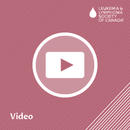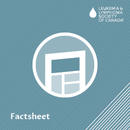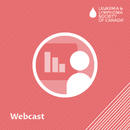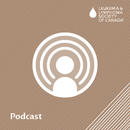Resource Library
Showing 131 to 140 of 324 results
A mother talks about how her world turned upside down when her 7-year-old daughter was diagnosed with a blood cancer. Already juggling work and family, becoming a caregiver on top of it all felt overwhelming to her. This mom's self-care took a back seat as she focused her energy on the care of her sick child.
This video, told from the father's point of view, talks about the strains on himself, his wife, their child with cancer, and their other children.
He describes every hospital visit, every round of treatment as "a rollercoaster of hope and fear."
He describes every hospital visit, every round of treatment as "a rollercoaster of hope and fear."
Activity book for children and families facing a blood cancer diagnosis.
Receiving a blood cancer diagnosis can be challenging and overwhelming. Along with physical symptoms, individuals with a blood cancer diagnosis may experience serious mental health challenges such as depression, anxiety, or even post-traumatic stress disorder (PTSD).
You or your loved one has been diagnosed with a type of blood cancer. You will be making important decisions with your healthcare team.
Your patient has been diagnosed with a type of blood cancer. You will be supporting them and their family in making important decisions
If you are affected by a blood cancer, you want your voice to be heard and your health care needs to be met. Ryan Clarke, Senior Vice-President, Advocacy & PR at CRG-Eversana Canada Inc, speaks about the importance of self-advocacy and will share tips on how to be an effective advocate when working with your medical team.
This factsheet is for people receiving cancer treatment. It promotes an active, safe, and adapted lifestyle during treatment. It is also meant to support people’s autonomy, especially if they do not have access to an exercise professional specialized in cancer.
Your treatment plan for DLBCL will be based on your age and overall health, potential long-term side effects, your stage (where the disease is located in you), symptoms, and fertility if applicable. Types of treatment for DLBCL include traditional chemotherapies, targeted therapies, stem cell transplant, radiation, and immunotherapies.




